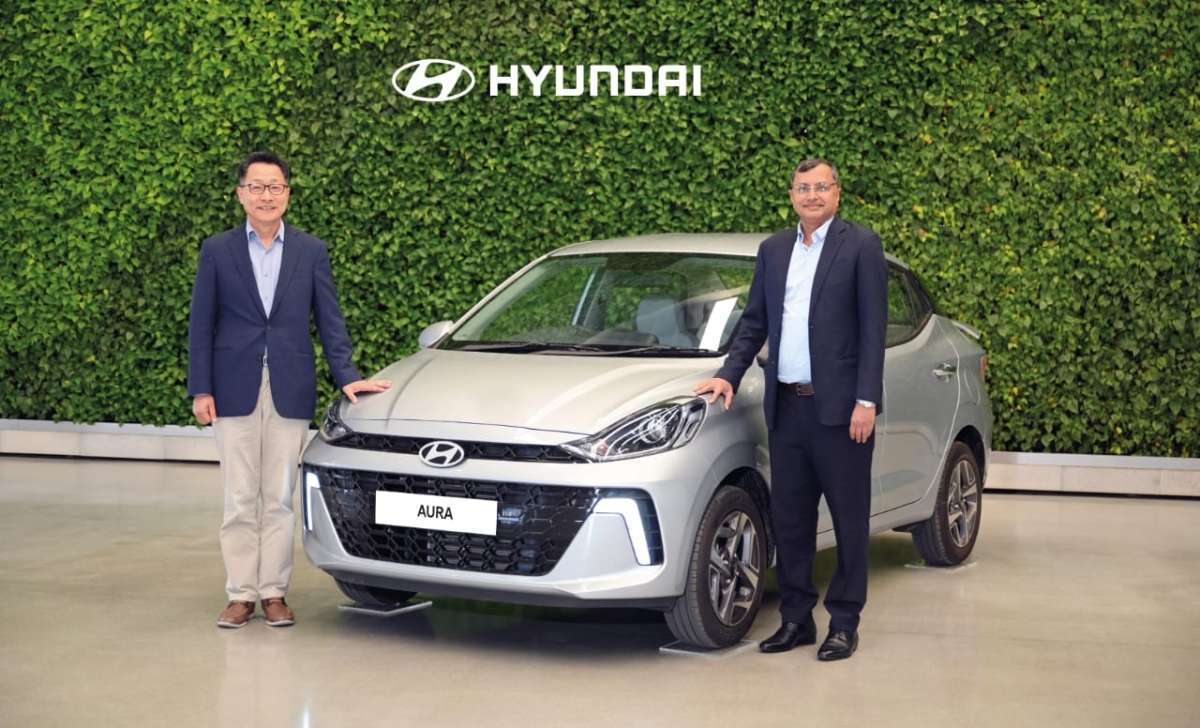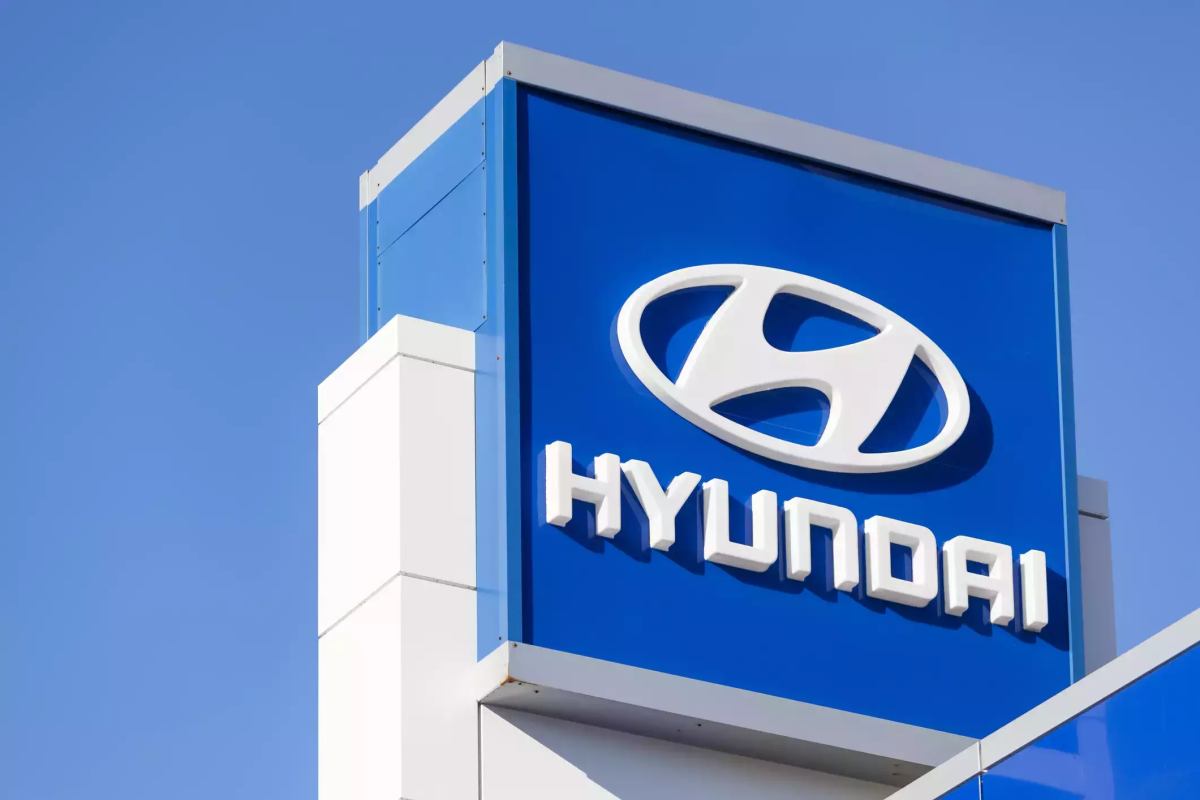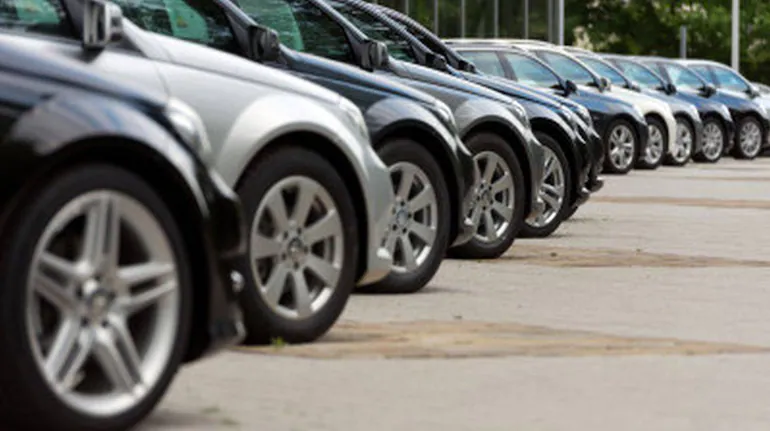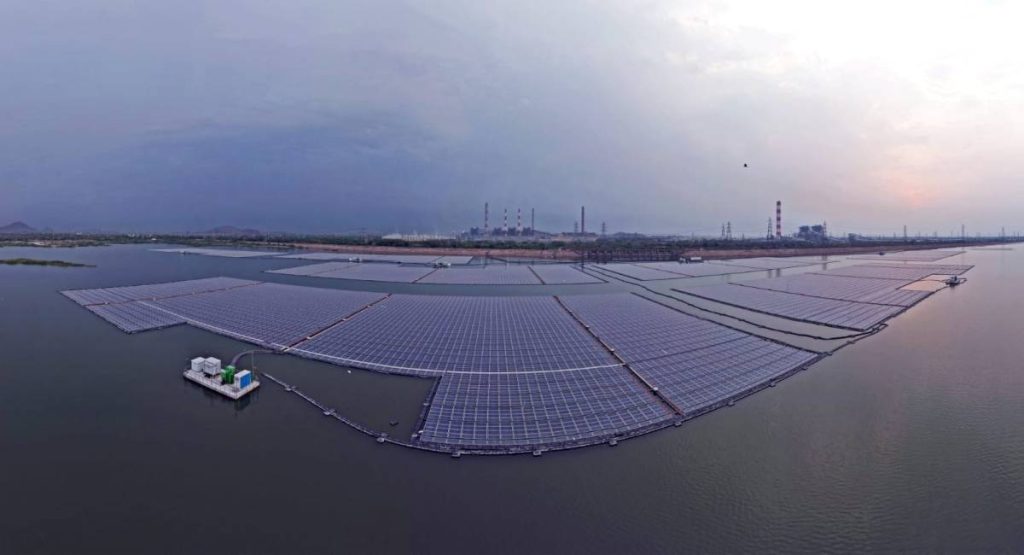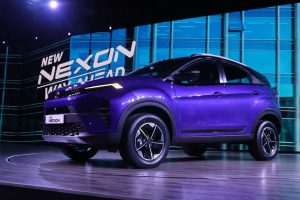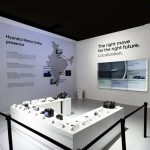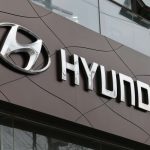The partnership will leverage Rolls-Royce’s aviation and certification capabilities and its own hydrogen fuel cell technologies and industrialisation capability….reports Asian Lite News
South Korea’s automotive major Hyundai Motor Group and Rolls-Royce have teamed up to bring out an all electric propulsion and hydrogen fuel cell technology-powered air mobility.
According to Hyundai, the partnership will leverage Rolls-Royce’s aviation and certification capabilities and its own hydrogen fuel cell technologies and industrialisation capability.
The Memorandum of Understanding (MoU) between Rolls-Royce and Hyundai includes five strategic aims:
* Collaborating on the technology development and requirements of power and propulsion systems for Hyundai’s Advanced Air Mobility Division
* Collaborating on the industrialisation of Rolls-Royce power and propulsion systems for the advanced air mobility market
* Development of electric propulsion systems based on hydrogen fuel cells as an energy source for Hyundai’s RAM platforms
* Collaborating to bring to market a joint fuel-cell electric propulsion system to the wider AAM market
* Delivering a joint fuel-cell electric aircraft demonstration by 2025.
According to Jaiwon Shin, President, Hyundai Motor Group, the partnership with Rolls-Royce will draw upon their aviation and certification expertise to accelerate the development of hydrogen fuel-cell propulsion systems.
“Hyundai has successfully delivered hydrogen fuel cell systems to the global automotive market and is now exploring the feasibility of electric and hydrogen propulsion technologies for aerospace integration. We believe this to be the key technology to support the global aviation industry’s goal to fly net zero carbon by 2050,” he added.
Meanwhile, the union of Hyundai Motor said on Tuesday it has tentatively agreed with the company to build a dedicated electric vehicle (EV) plant in South Korea by 2025 amid a global electrification push.
Hyundai and its union reached an agreement on the domestic EV plant in the carmaker’s main Ulsan plant, 414 kms southeast of Seoul, a union spokesperson told Yonhap news agency.
The tentative agreement is subject to a vote by unionized workers as early as this month, ahead of the one-week summer holidays, which begin on July 30, he said.
Hyundai and its union are in negotiations over wages for this year and the domestic EV plant, a company spokesperson said.
The planned EV plant is part of Hyundai Motor Group’s plans announced in May to invest 63 trillion won ($49.8 billion) in its domestic businesses by 2025.
In May, Hyundai Motor Group also announced it will invest $5.54 billion to build a dedicated EV and car battery manufacturing plant in Georgia, the United States, with an aim to start production in the first half of 2025.
Hyundai has seven domestic plants in Korea and 11 overseas plants — four in China, and one each in the U.S., the Czech Republic, Turkey, Russia, India, Brazil and Indonesia. Their combined capacity reaches 5.65 million vehicles.


